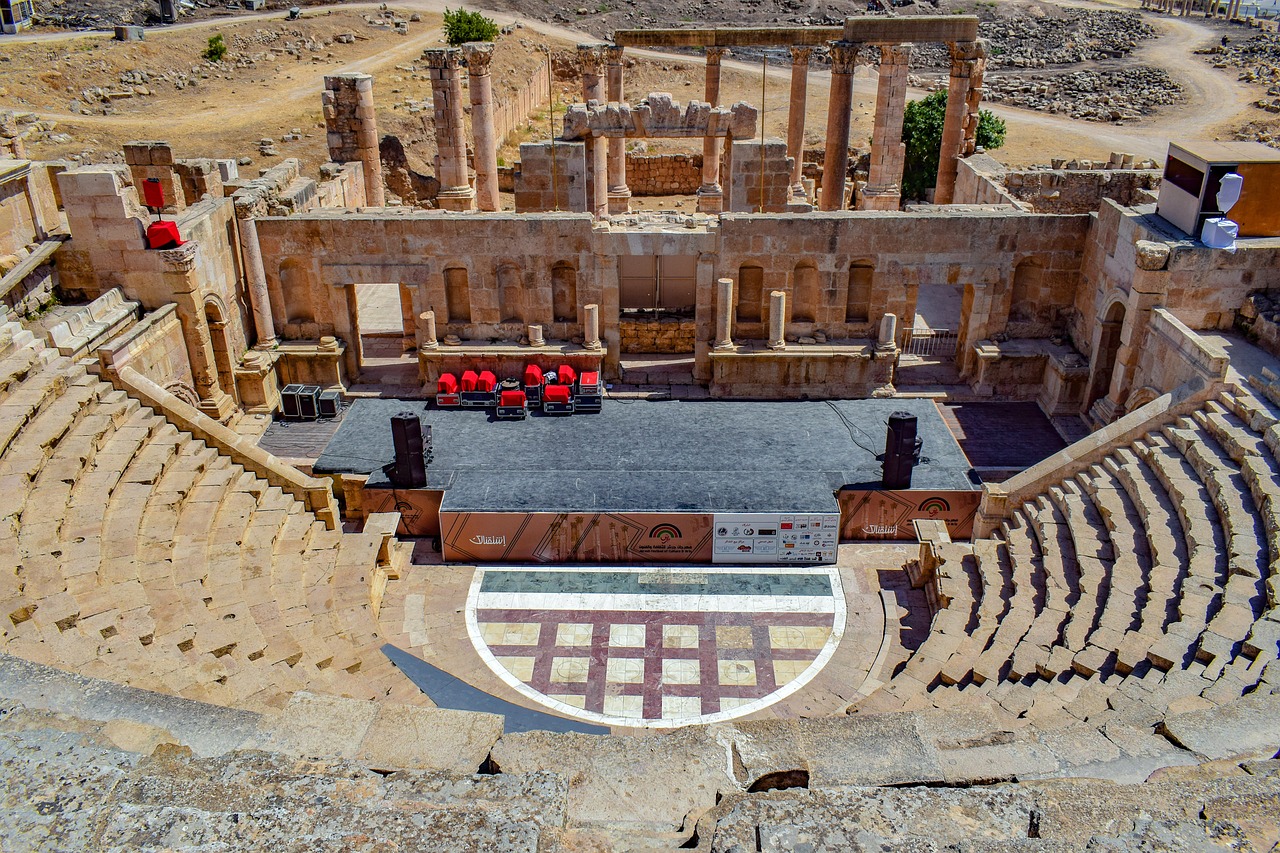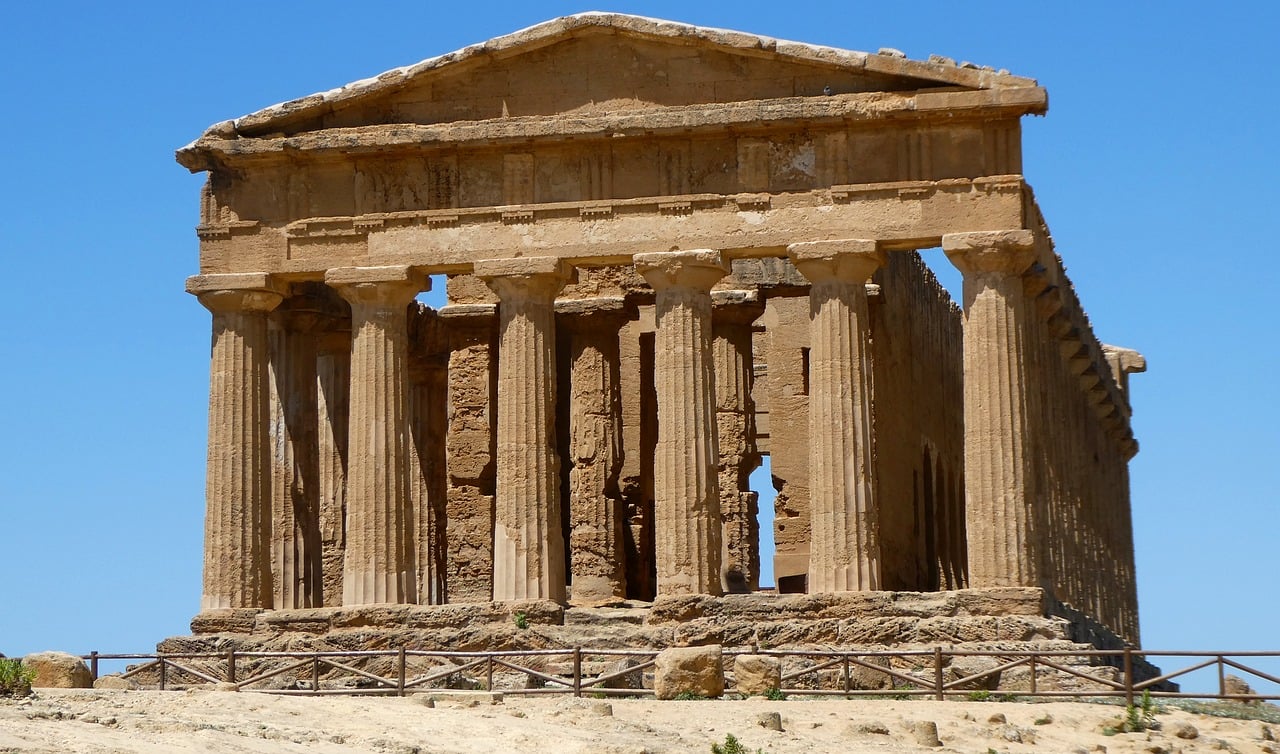The Mystery of the Lost Civilizations of Western Africa
Western Africa has long been shrouded in mystery, with tales of lost civilizations captivating the imagination of historians and archaeologists alike. The enigmatic disappearance of ancient kingdoms such as Ghana, Mali, and Songhai has left behind a trail of clues that continue to puzzle researchers to this day. Delving into the depths of time, we uncover the secrets of these vanished societies and the intriguing archaeological discoveries that offer glimpses into their past glory.

Ancient Kingdoms of Western Africa
Exploring the historical enigma surrounding vanished civilizations in Western Africa and the archaeological clues that shed light on their existence and disappearance.
Western Africa boasts a rich tapestry of ancient kingdoms that once flourished in the region, leaving behind a legacy of cultural significance and historical intrigue. Among these illustrious civilizations are Ghana, Mali, and Songhai, each with its own unique contributions to the region's vibrant history.
The Kingdom of Ghana, not to be confused with the modern country, was a powerful empire known for its wealth derived from gold trade. Its strategic location allowed it to control lucrative trade routes, fostering economic prosperity and cultural exchange.
Mali, following Ghana's decline, rose to prominence under the leadership of legendary figures like Mansa Musa. This empire thrived on the trade of gold, salt, and other commodities, becoming one of the wealthiest and most influential civilizations of its time.
Songhai, the last of the great ancient kingdoms, expanded its territory through military conquests and established a sophisticated system of governance. Its capital, Gao, became a center of trade and learning, attracting scholars and merchants from far and wide.
These kingdoms were not only centers of commerce but also hubs of art, architecture, and intellectual pursuits. Their intricate social structures and governance systems laid the foundation for future societies in the region, leaving an indelible mark on Western Africa's history.

Archaeological Discoveries
The archaeological discoveries in Western Africa have unveiled fascinating insights into the lost civilizations that once thrived in the region. Through excavations of ancient sites, researchers have unearthed a treasure trove of artifacts, ruins, and inscriptions that paint a vivid picture of the past. These findings not only reveal the advanced level of craftsmanship and creativity of these ancient societies but also provide clues about their daily lives, beliefs, and societal structures.

